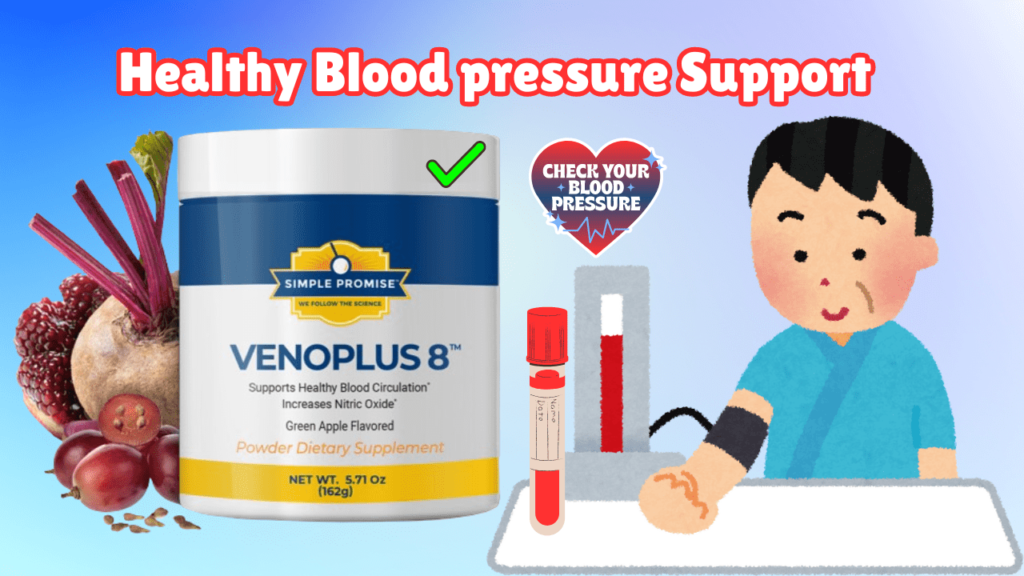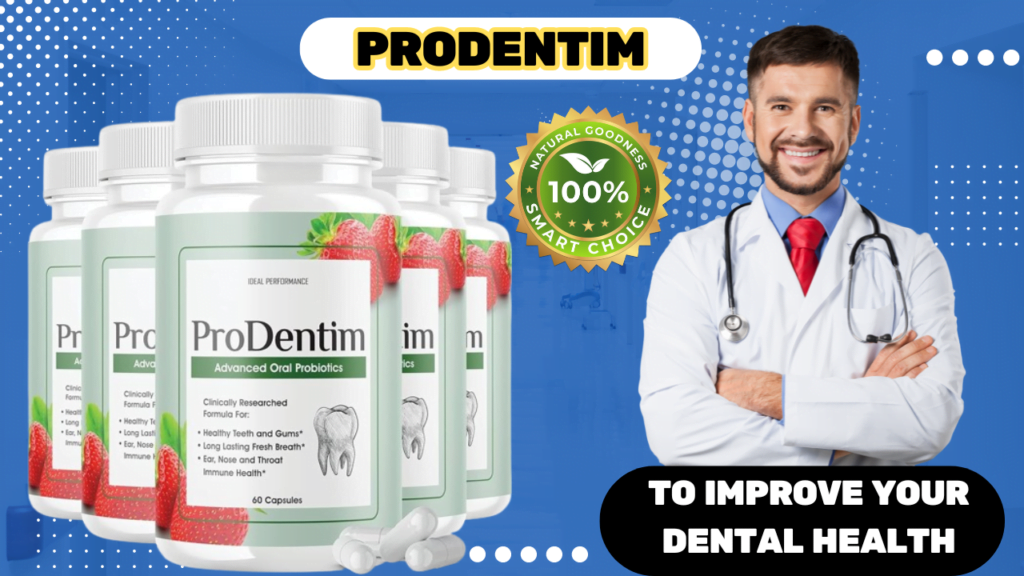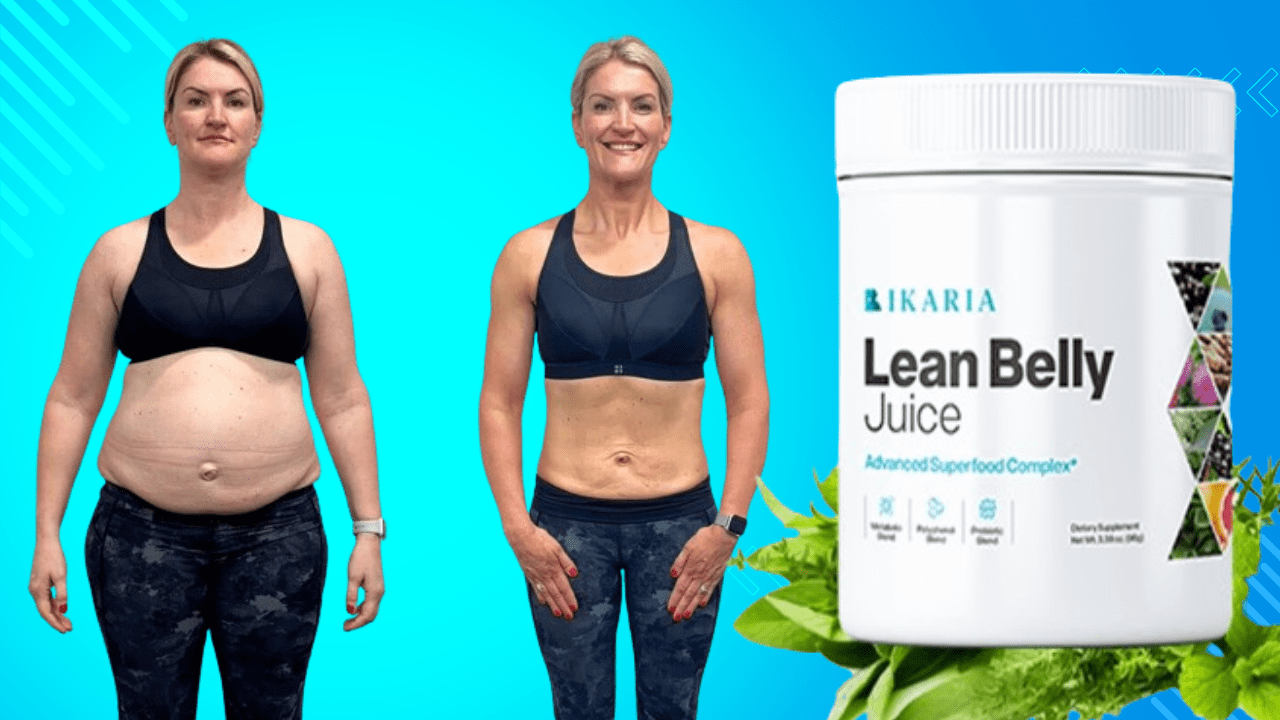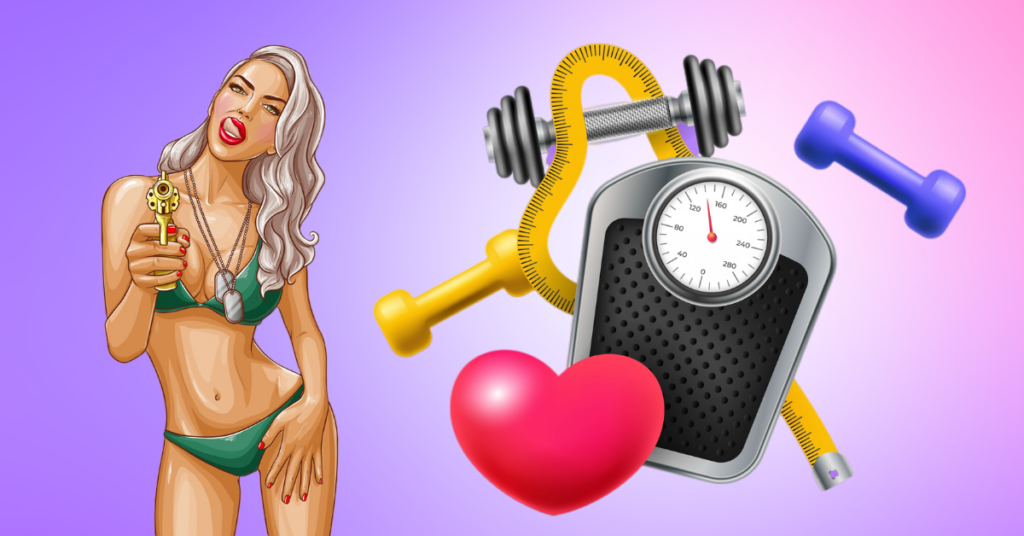Welcome to Wellbeing American, Dehydration and Blood pressure are completely associated with the persons age, weight, capacity , the food they consume and stamina. Let’s dive in to the deep connection between Dehydration and Blood Pressure in this blog.
Can Dehydration cause High Blood Pressure?
Yes, Dehydration cause High Blood Pressure , When you get dehydrated your blood volume gets decreased due to lack of sufficient fluids in your body to sustain the balanced blood pressure. When body is dehydrated the blood becomes thicker which leads to Increased Blood Viscosity and The heart feels harder to push the thicker blood through the vessels, which can lead to higher blood pressure.
How does Dehydration affects your Blood Pressure?

Lack of hydration triggers the hormonal release of, renin, which prompts the development of angiotensin II. Angiotensin II tightens veins and builds the development of aldosterone, the hormone that makes the kidneys hold sodium and water,which helps in expanding blood volume.
Impact on Circulatory strain: The mix of vasoconstriction and liquid maintenance can prompt an expansion in pulse as the body attempts to save its liquid equilibrium and keep up with sufficient blood flow.
Dehydration and Low Blood Pressure (Hypotension) :
When you’re dehydrated, your body loses fluids, which leads to a reduction in blood volume ,Impaired Circulation and Vasodilation . these are the main parameters occurred in Low Blood Pressure (Hypotension).
Symptoms of Low Blood Pressure Due to Dehydration:
- Dizziness or lightheadedness (especially when standing up quickly)
- Fainting
- Fatigue or weakness
- Blurred vision
- Rapid breathing or heart rate
Dehydration and High Blood Pressure (Hypertension):
There are high chances of High Blood Pressure occurring due to Dehydration and Here is how it happens, Your dehydrated body first leads to Vasoconstriction (Narrowing of Blood Vessels), Increased Blood Viscosity (blood becomes thick and more viscous), Activation of the Renin-Angiotensin-Aldosterone System (RAAS) and Sympathetic Nervous System Activation where adrenaline and noradrenaline (stress hormones) are released which triggers your nervous system send the symptoms to your brain and feel the symptoms of the High Blood Pressure.
Symptoms of High Blood Pressure Due to Dehydration:
- Headache
- Dizziness
- Fatigue or weakness
- Shortness of breath
- Chest pain or discomfort (in severe cases)
Dehydration and Blood Pressure are controlled by using natural supplements :
Recommended Health products are here :

Cardio Shield
The Best Dehydration and Blood Pressure supporter recommended ,which is purely natural.

Veno Plus 8
One of the Best Dehydration and Blood Pressure supporting natural recommended .
Blood Pressure Classification :
| Category | Systolic (mmHg) | Diastolic (mmHg) | Description |
|---|---|---|---|
| Normal | Less than 120 | Less than 80 | Healthy blood pressure: There is no increased risk of heart disease or stroke. It shows an optimal level for good health. |
| Elevated | 120-129 | Less than 80 | Prehypertension: Higher than normal but not yet high blood pressure. It can lead to hypertension, if lifestyle changes are not made. |
| Hypertension Stage 1 | 130-139 | 80-89 | Mild hypertension: This stage requires lifestyle changes, and in some cases, medications may be prescribed to prevent the further complications. |
| Hypertension Stage 2 | 140 or higher | 90 or higher | Severe hypertension. This is a more serious stage of high blood pressure that requires medical treatment by a senior cardiologist , including possibly prescription medications. |
| Hypertensive Crisis (Emergency) | Higher than 180 | Higher than 120 | Emergency situation: This is a critical, life-threatening condition requiring immediate medical attention to prevent organ damage or heart stroke. Visit a good senior cardiologist to avoid life and death situation. |
How Blood Pressure Should Be Balanced by Age:
| Age Group | Healthy Blood Pressure Range | Simple Tips to Maintain Healthy Blood Pressure |
|---|---|---|
| Children (ages 1-13) | 90/60 mmHg to 120/80 mmHg | Dehydration and Blood Pressure : Proper water consumption, balanced diet, and regular physical activity. visit pediatrician to monitor the consistent growth and blood health. |
| Adolescents (ages 14-18) | 100/60 mmHg to 120/80 mmHg | Ensure healthy vegetables and fruits in to your diet, exercise, and good sleep for at least 8-9 hours a day . Avoid junk foods and coffee, and check blood pressure 4 times in a month. |
| Adults (ages 18-60) | 120/80 mmHg or lower | Focus on heart health to avoid cardiovascular complications by exercising, maintaining a healthy weight, and managing stress with out toxic substances. |
| Old age people (ages 60+) | Less than 130/80 mmHg | Dehydration and Blood Pressure normally rises with the increase of age, but drink water and keep it under 130/80 mmHg which helps you reduce the risk of heart stroke and and cardiovascular complications. Regular check-ups are mandatory for old age people. |
Signs of Dehydration in Kids:
- Dry Mouth and Tongue
- Increased Thirst
- Less Frequent Urination
- Dark Yellow Urine
- Fatigue or Drowsiness
- Irritability or Fussiness
- Sunken Eyes or Fontanel
- Cool, Pale Skin
- Dry Skin
Risk Factors for Dehydration in Kids:
- Fever: A high fever causes expanded liquid misfortune through perspiring.
- Looseness of the bowels and Regurgitating: These circumstances can cause fast liquid misfortune, particularly assuming the kid can’t drink an adequate number of liquids to supplant it.
- Blistering Climate: Kids playing outside or participating in actual work in sweltering weather conditions can lose liquids all the more rapidly because of sweat.
- Insufficient Liquid Admission: In the event that a kid is declining liquids or isn’t drinking sufficient over the course of the day, they are at higher gamble for parchedness.
- Exorbitant Actual work: Exercises that lead to perspiring or expanded effort can add to liquid misfortune, especially on the off chance that the youngster doesn’t drink to the point of supplanting it.
Is the side effects of dehydration in seniors are tremors?
Yes, tremors(shaking) can occur as the side effects of dehydration in seniors.
Causes of Tremors in Seniors due to Dehydration:
- Electrolyte Imbalance
- Reduced Blood Flow
- Low Blood Pressure (Hypotension)
- Neurological Effects
- Medication Interaction
- Hypoglycemia (Low Blood Sugar)
Symptoms of Dehydration in Seniors:
- Dry mouth, tongue, and skin
- Expanded thirst
- Weariness or shortcoming
- Wooziness or dazedness
- Dull shaded pee or diminished pee yield
- Disarray or bewilderment
- Migraine
- Low circulatory strain
- Fast heartbeat (tachycardia)
- Indented eyes or dry skin
Effects of Dehydration on Kidneys :
- Reduced Kidney Function
- Concentrated Urine
- Increased Risk of Kidney Stones
- Acute Kidney Injury (AKI)
- Electrolyte Imbalance
- Chronic Kidney Disease (CKD
- Kidney Damage (Nephropathy)
- High Risk for Complications in Existing Kidney Disease
- High Blood Pressure (Hypertension)
Signs and Symptoms of Kidney Stress from Dehydration:
- Decreased Pee Result: Less successive pee or pee that is dull yellow or golden.
- Weariness or Shortcoming: Summed up sleepiness or feeling faint because of lacking blood stream.
- Discombobulation or Unsteadiness: Particularly while standing up because of low blood volume and pulse.
- Dry Mouth and Thirst: Over the top thirst is quite possibly the earliest indication of parchedness.
- Enlarging: Drying out can cause liquid maintenance, prompting expanding in the legs, lower legs, or hands.
- Torment in the Lower Back or Flank: Agony might happen in the event that kidney stones structure or on the other hand assuming there is renal colic because of kidney strain.
- Disarray or Bewilderment: Serious lack of hydration can prompt disarray, especially in more seasoned grown-ups, as it influences cerebrum capability.
What are the advantages of drinking more water?
Remaining hydrated is significant for your general wellbeing and prosperity. This is on the grounds that an appropriately hydrated body assists oxygen and supplements with getting where they are required. Water likewise assists with greasing up specific pieces of the body, like the joints.
Here are only a couple of the advantages of getting sufficient liquid:
- Improves blood circulation
- Helps you stay hydrated
- Helps you think more clearly
- Improves digestion and gut health
- Prevents constipation
- Prevents urinary tract infections (UTIs)
- Reduces joint pain
- Promotes healthy skin.
FAQ’s :
Does High Blood Pressure be considered a disability?
Yes, High Blood Pressure is considered to be a disability for short term consideration, As its symptoms like Fatigue ,Severe headaches, Shortness of breath, Chest pain, Blurred vision occur for some days till the completion of your treatment.
Does High Blood Pressure cause Dehydration?
High Blood Pressure is not directly responsible for Dehydration but it causes indirectly , Incase of Excessive Fluid Loss (Sweating, Fever, Illness)
Diuretics: Also called as “water pills,” are normally endorsed to individuals with hypertension to assist with lessening liquid volume in the body and lower circulatory strain.
How Diuretics Work: Diuretics increment the discharge of sodium and water through pee, lessening blood volume and, thusly, bringing down circulatory strain.
Lack of hydration Hazard: Since diuretics cause expanded pee, they can prompt parchedness, particularly on the off chance that liquid admission isn’t as expected changed in accordance with make up for the expanded liquid misfortune. Drying out can happen assuming the body loses an excessive amount of water and electrolytes (like sodium, potassium, and magnesium), which can prompt further complexities, including muscle spasms, wooziness, and in serious cases, kidney issues.
Conclusion on Dehydration and Blood Pressure :
Dehydration and Blood Pressure are controlled by taking sufficient fluids and regular intake of potassium, sodium, and magnesium rich foods respectively.
You can also visit the Health Products Page Below:
YOU CAN ALSO VISIT THESE BELOW ARTICLES :
cardio shield : World’s 1st Genuine Review & Guide.
Prodentim: World’s No1 Genuine Oral Health Companion.
Masago: world’s 1st Beautiful Guide to Fish Roe
11 Natural and Ayurvedic Remedies for Itchy Skin Relief
12 Ways to Control Hunger that supports Weight Loss
Tom Cruise Teeth’s Before & After Alignment No1 secret beautifully shown
Peptides for Weight Loss : Drop Pounds with world’s No-1 Scientific Research
Top 20 Ayurvedic Foods for your beautiful life
Korean Hair Salons: A-1 Dazzling Tips and Guide
5 Super Supplements for Effective Weight Loss
Almond Eyes: 7 Tips for Attractive Look
Sugar Defender : A complete 100% Blood Sugar Support.
PURAVIVE : WORLD’S 1st MOST POWERFUL SUPPLEMENT
Quietum Plus : A 100% Natural Solution for Tinnitus and Hearing Aid




















